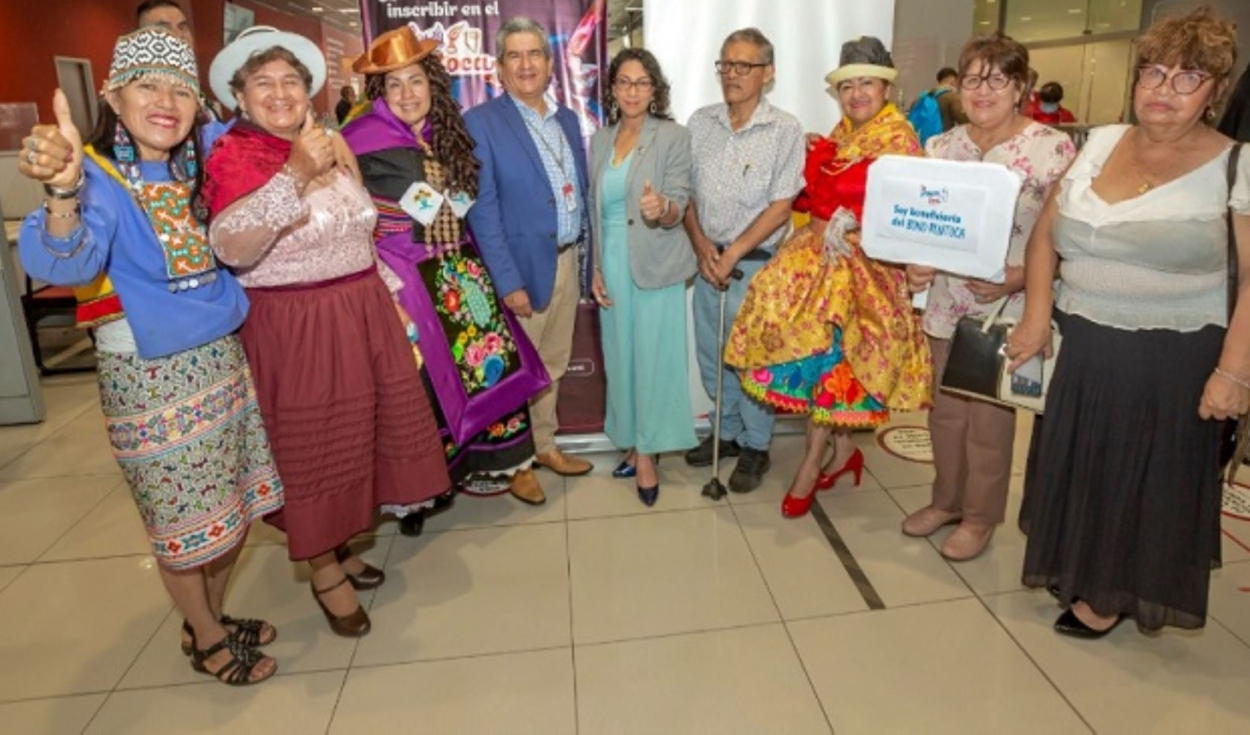
The collection of the Rentoca Bond began on February 21, in the midst of the political crisis that was plaguing our country, which generated numerous protests. It is aimed at all people who work in art, culture and other related fields who have been affected by the pandemic and who have a registration resolution issued until December 31, 2022. However, in the link that we will show you, you will be able to find out if you meet all the requirements for this benefit.
How to know if I am a beneficiary of the Rentoca bonus through a consultation link?
Every beneficiary can be notified through his electronic box, which you can access through the Virtual Citizen Service Platform of the Ministry of Culture in the following LINK.
What are the requirements to be a beneficiary of the Rentoca bonus?
To access this cultural bonus, this is what you must meet as a worker:
- A registered worker must not have coercive collection processes initiated by the National Superintendence of Customs and Tax Administration (SUNAT) for any breach of tax obligations or any fractionation applied in force on the date the voucher is delivered.
- That they have not breached the obligations determined in the minutes of commitment or in the affidavits of calls for Incentives and Economic Support for Culture.
- Your average monthly income as a worker enrolled in the rent They cannot exceed two vital minimum wages, that is, S/2,050.
- Have a directorial resolution of registration in the rent issued until the last day of last year.
Between what dates was the Rentoca bond delivered?
It was delivered from February 15, 2023 to June 30 of this year.
What is the Rentoca?
He National Registry of Workers and Organizations of the Cultural Industries and Arts -Rentoca by its acronym- is a tool that has a database to locate, identify and characterize any natural or legal person who is dedicated to the artthe culture industry and the Cultural Heritage of the Nation. In this way, the elaboration of regional and local development plans, and of regional governments and municipalities, is allowed.
Those who dedicate themselves to any activity related to the sectors of the culture, such as music, visual arts, performing arts, books and reading, cinematography, video games, audiovisual platforms, as well as cultural education, indigenous or native languages and oral tradition. Also legal or non-legal cultural organizations.
Source: Larepublica
Alia is a professional author and journalist, working at 247 news agency. She writes on various topics from economy news to general interest pieces, providing readers with relevant and informative content. With years of experience, she brings a unique perspective and in-depth analysis to her work.











